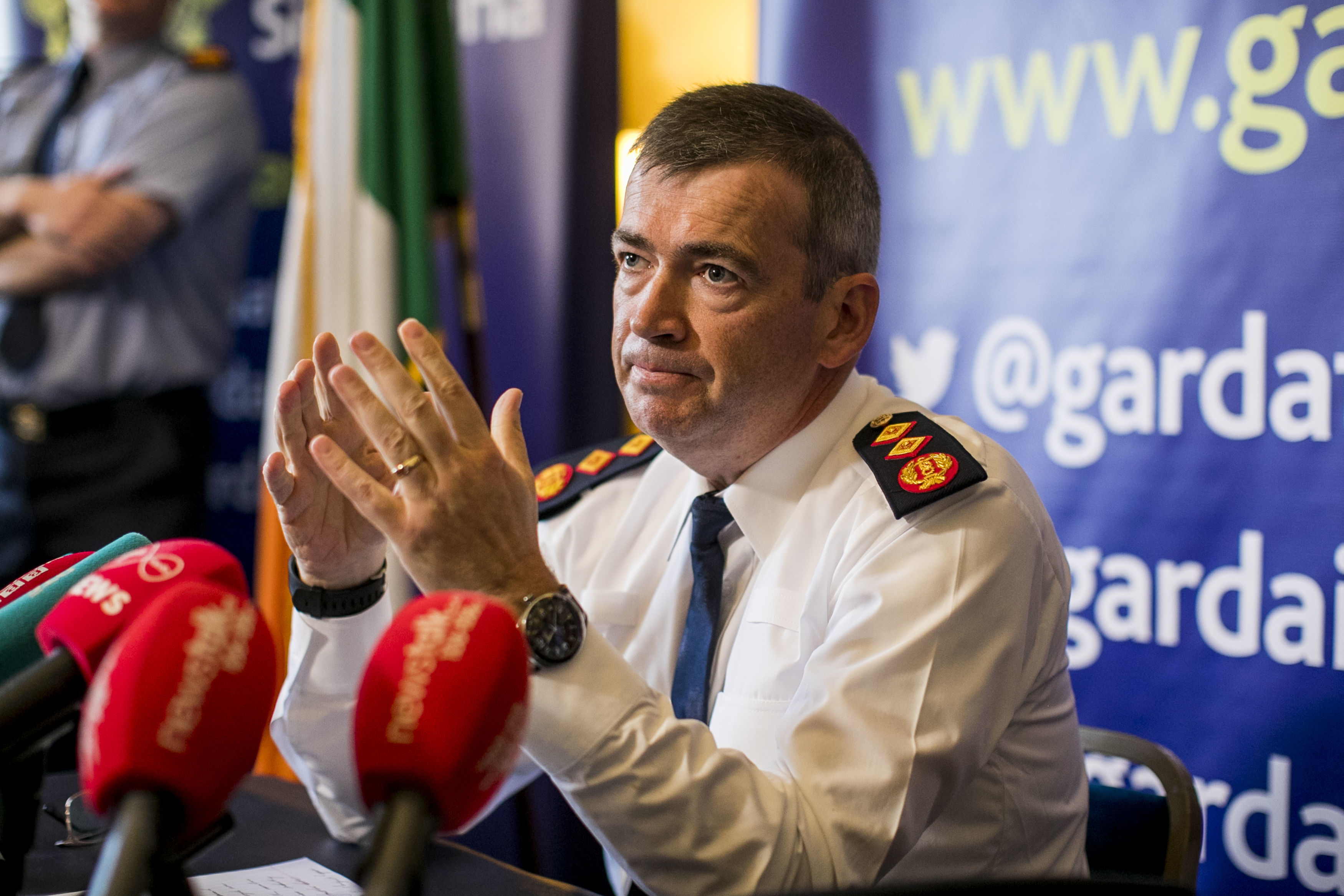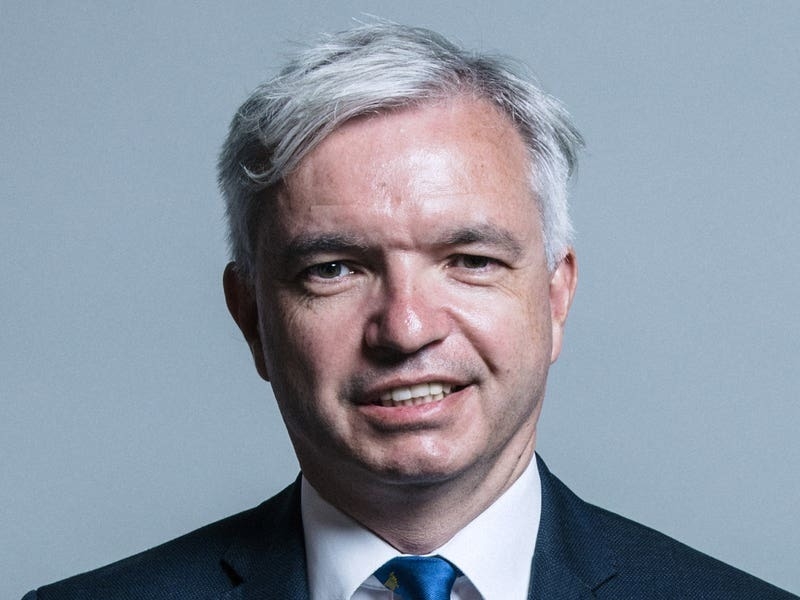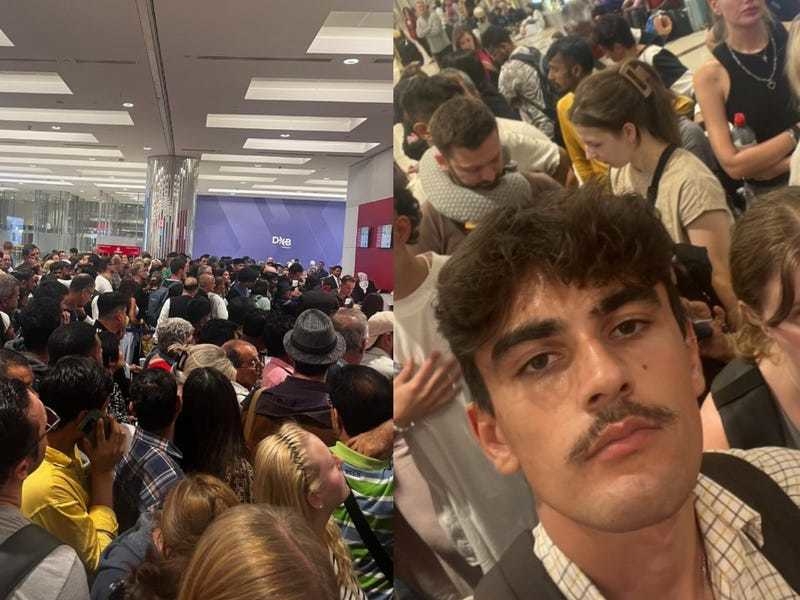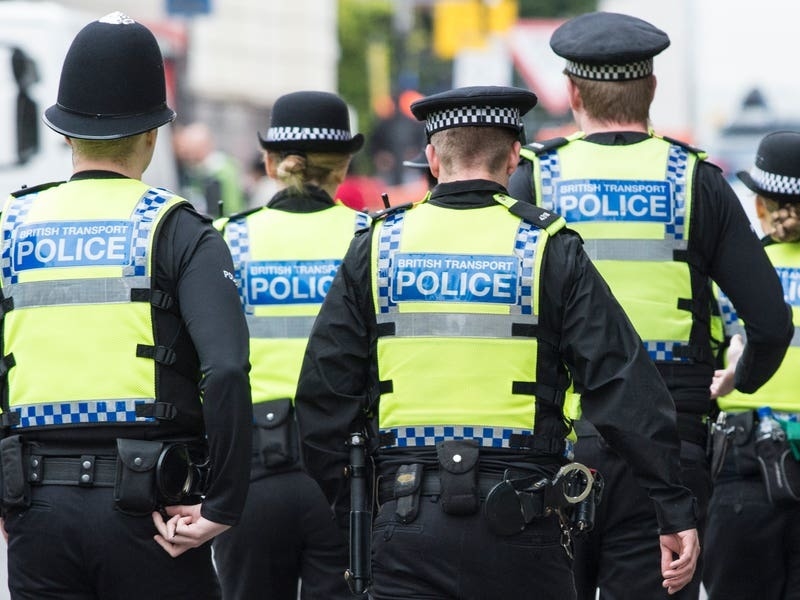A report detailing the future of policing in Ireland is to be published on Tuesday amid calls for serious reform within the force.
The Commission on the Future of Policing in Ireland, which is issuing the report, is headed by chair Kathleen O’Toole and was established by the government in May 2017 to develop a blueprint for the future of the service.
The commission has been tasked with undertaking an independent examination of all aspects of policing in Ireland, including all functions currently carried out by An Garda Siochana as well as diversity in recruitment, appropriate leadership capacity and the culture of policing in Ireland.
Their terms of reference state that they plan to pursue a greater sense of accountability within the force.
“An Garda Siochana has been the subject of significant public controversy over the past decade and continues to be so,” the commission says.
“Concerns remain in relation to the accountability of An Garda Siochana, its leadership and management capacity, and its culture and ethos.”
According to new Commissioner Drew Harris, the reform of An Garda Siochana will not be on the same scale as the RUC’s transition to the PSNI.

An Garda Siochana has come under intense scrutiny in the last year and has been labelled as in dire need of reform.
False breath test figures, missing homicide data, issues with finances at Templemore training college and the pending outcome of the Disclosures Tribunal are all issues facing Mr Harris and the force.
A survey published in May at the annual conference of the Garda Representative Association showed that one in six frontline gardai may be suffering from post-traumatic stress disorder.
Seven gardai took their own lives in the past year.
Psychologist Dr Finian Fallon also determined that a further 11% of the force had what he called “sub-threshold” PTSD, based on a survey in which more than 2,200 gardai responded to a questionnaire.
The report also says 27% may be “walking wounded” from trauma.
They cited a number of reasons for stress, including frustration at the amount of paperwork, lack of appropriate equipment to carry out the job properly and a breakdown in relationship between senior officers and rank-and-file gardai.
Many claimed they had insufficient training on the technical skills required and the overall remuneration package was inadequate, as well as exhaustion and unsociable hours adding to further dissatisfaction.
In his first speech in the role, Mr Harris pledged to deliver to the highest possible operational and ethical standards, improve Gardai systems, processes and training.
In an apparent reference to the treatment of whistleblowers, he also claimed that he will be more open to concerns raised both internally and externally.






